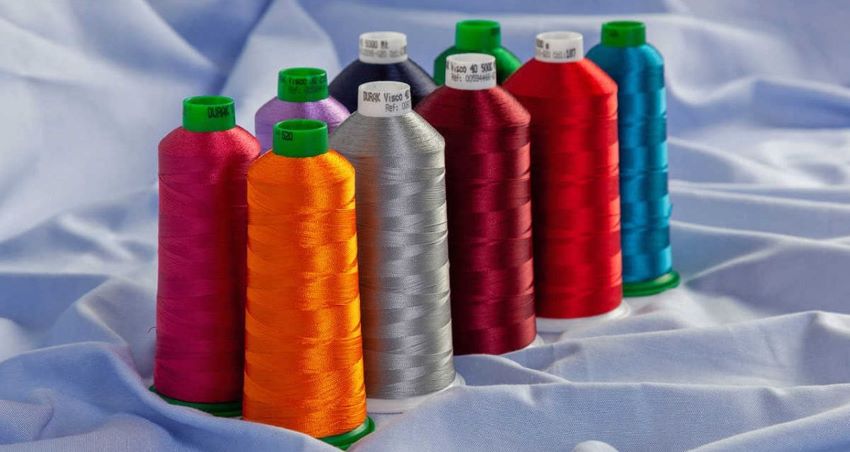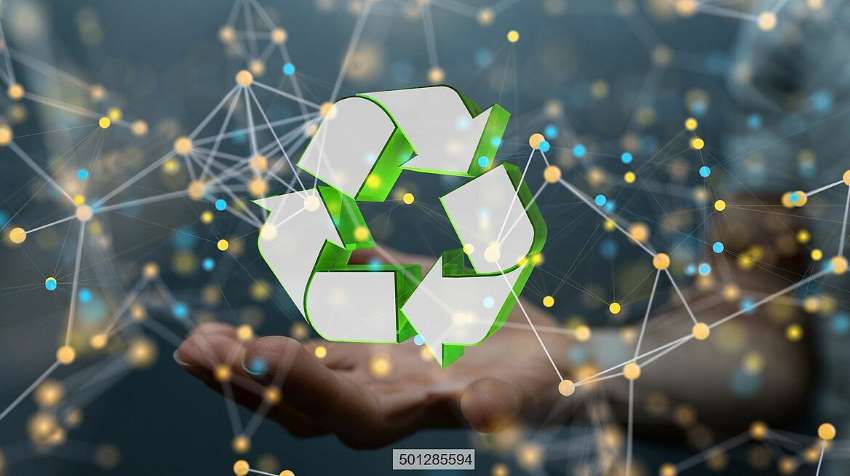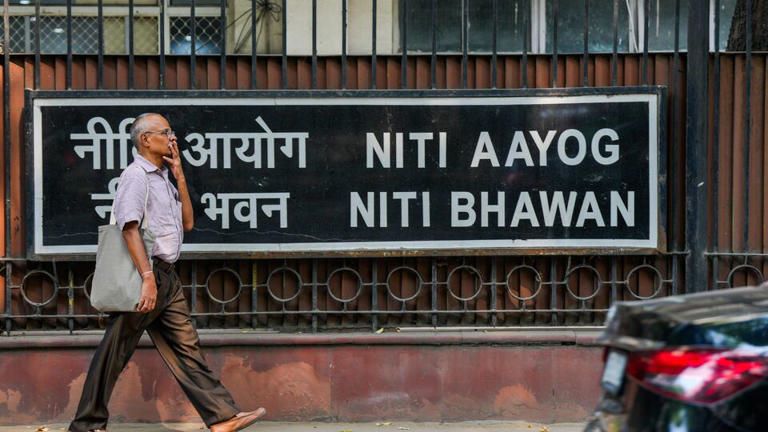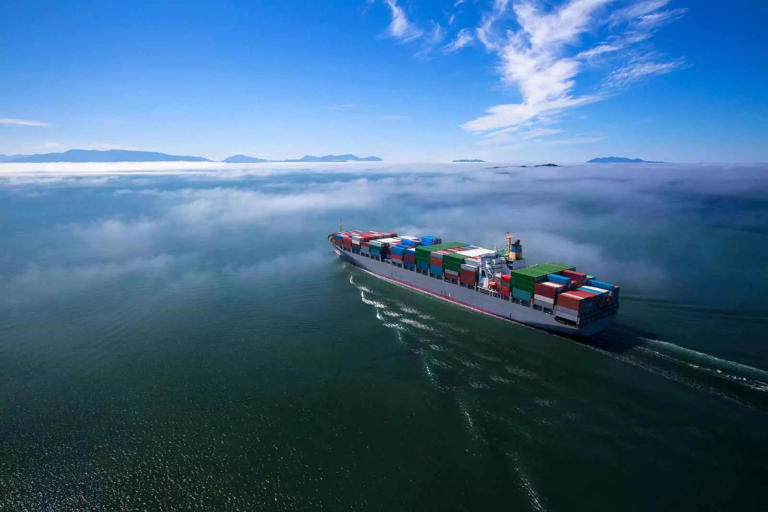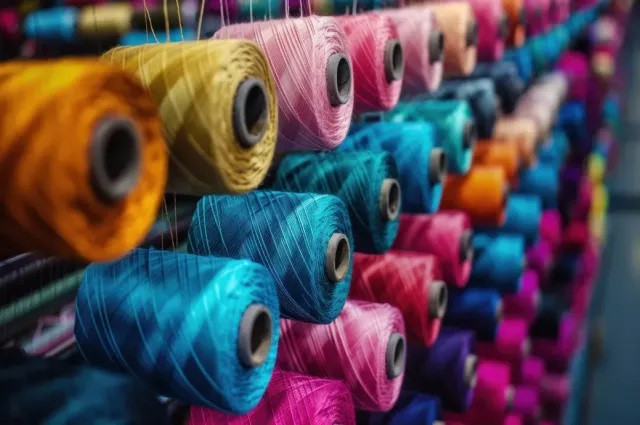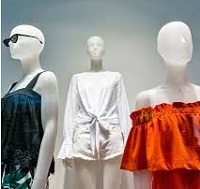 A new investigative report ‘Dirty Fashion: Crunch Time’ that ranks 100 top global fashion brands on their responsible viscose production plans, commitments and progress on transparency finds 75 out of 100 brands still dragging their feet and have made few or no commitment to remove dirty viscose. The report compiled jointly by the Changing Markets Foundation, the Fashion Revolution, the Clean Clothes Campaign, Ethical Consumer and WeMove.EU includes top fashion brands like Nike, Costco, Walmart, TJ Maxx, ASOS, Levi’s and a list of luxe brands like Armani, Dolce & Gabbana, Prada, and Versace. It evaluates the global textile and fashion industry on its transition towards responsible viscose and modal fibre manufacturing.
A new investigative report ‘Dirty Fashion: Crunch Time’ that ranks 100 top global fashion brands on their responsible viscose production plans, commitments and progress on transparency finds 75 out of 100 brands still dragging their feet and have made few or no commitment to remove dirty viscose. The report compiled jointly by the Changing Markets Foundation, the Fashion Revolution, the Clean Clothes Campaign, Ethical Consumer and WeMove.EU includes top fashion brands like Nike, Costco, Walmart, TJ Maxx, ASOS, Levi’s and a list of luxe brands like Armani, Dolce & Gabbana, Prada, and Versace. It evaluates the global textile and fashion industry on its transition towards responsible viscose and modal fibre manufacturing.
It also evaluates world’s top viscose producers manufacturing practices. This year two Chinese viscose producers, Sateri and Tangshan Sanyou, – broke off from Chinese Collaboration for Sustainable Development of Viscose (CV), and joined others in committing to cleaner viscose production. Some prominst players in this list include Lenzing, Aditya Birla and ENKA, who are committed to clean their production in line with the Roadmap.
Some move forward, others still lag
Of the 100 brands and retailers surveyed, 14 top ones have made a public commitment to clean their viscose supply chains, sending a strong signal to viscose manufacturers they expect the industry to move to responsible viscose production by 2023-25. Moreover, viscose manufacturers accounting for 50 per cent of global market share have also committed to better manufacturing and started investing in closed-loop production processes in line with the Changing Markets’ Roadmap.
As Urska Trunk, Campaign Manager at the Changing Markets Foundation point out with almost 50 per cent global viscose manufacturers committing to clean their act, fashion brands don’t have an excuse to drag their feet anymore. Trunk goes on to add even after years of engagement there is still a complete lack of progress by some luxury brands that claim to sell higher quality, exclusive products, while ignoring sustainability issues. Luxe brands like Armani, Dolce & Gabbana, Prada and Versace are among the lower-ranked brands clearly revealing the problem is not confined to cheaper brands alone. Many luxe brands had made public statements about their commitment to sustainability during the pandemic, seems like it was only to improve their PR among consumers.
EU brands more committed than US ones
Moreover there is a clear divide between US and European brands. While European brands are more committed towards change, most US brands are ‘lingering in the red zone’. Indeed, there are numerous technologies to produce clean viscose and top brands including Prada, Versace, Nike, Forever 21, among others need to clean up their act and use their purchasing power to make manufacturers move to closed-loop production. The report categorizes companies into four groups: Frontrunners, Could Do Better, Trailing Behind and the Red Zone on the basis of their responses and publicly available viscose policies. The 28 worst-performing brands in the Red Zone are those with no viscose specific policy and transparency of any kind. Of these, 64 per cent are US-based.
As per Changing Markets Foundation, compared to European brands, US brands are consistently negligent about their responsibility towards viscose manufacturing. Interestingly, this is the third time Changing Markets and other NGOs contacted fashion brands and retailers about their viscose policies. Of the 100 brands, 61 per cent gave some response slightly higher than in 2019.
Some like Aeropostale, Forever 21 and Michael Kors – have been consistently in the Red Zone, trailing behind industry trends and consumer expectations. What’s more, voluntary approach in driving a sector-wide transformation is not working well. And as Muriel Treibich of Clean Clothes Campaign says, “It is time for EU leaders to step up and make the necessary regulatory reforms, as industry initiatives have clearly failed and the current health economic crises have taken devastating tolls on workers throughout the supply-chain.”
However, several brands have improved their transparency. And almost all signatory brands disclose some information about their viscose suppliers. The most transparent are: ASOS, C&A, Esprit, M&S, Reformation and Tesco. They have published extensive lists of viscose manufacturers on their corporate websites.



